Nobody likes wearing someone’s old athletic wear, especially if it’s leggings or undergarments. That’s just gross. Well, Grace Beverley thought the same thing. With a passion for sustainability, Beverley thrifted a lot and tried to buy from sustainable brands. She noticed that plenty of sustainable brands existed for most clothing. But not for athletic wear. And since nobody likes thrifting someone’s old, sweaty socks or leggings, Beverley decided to create a brand herself. Her company, TALA, creates styles made from plastic bottles and factory offcuts, making it sustainable and ethical, two things she feels very passionately about.
Originally, Beverley was a music major at Oxford University. But when she realized she had a passion for sustainable clothing, she took to a different side of the creativity spectrum: Entrepreneurship. She wanted people, specifically young people, to have a sustainable option for their athletic clothes that wouldn’t also drain their bank accounts. And so, TALA was born in 2019. Beverley stuck to her passion and through TALA, she managed to recycle seventy-thousand water bottles in her first year alone.
But TALA isn’t Beverley’s only business. She has also started a fitness app called SHREDDY which offers her activewear customers (and anyone else) a place to set goals and track their fitness progress. And if that’s not enough, she is also the Sunday Times bestselling author of “Working Hard, Hardly Working,” a book that seeks to teach young entrepreneurs how to accomplish more under less stress.
When asked about her “eureka” moment, Grace Beverley stated that she never had one, that it was more of a build-up of idea after idea. And I think this is the perfect example of the slow hunch, the idea that starts as a seed and grows. Grace Beverley and the invention of TALA started as a hunch and is now a multimillion dollar business that encourages people to stay fit and recycle.
https://balance.media/founder-focus-grace-beverley/#:~:text=Grace%20Beverley%20is%20the%20Founder,of%20just%2023%20years%20old.https://www.wearetala.com/en-us/pages/about-ushttps://thetab.com/uk/2022/02/09/grace-beverley-reveals-exactly-how-she-secured-her-5-7mil-recent-investment-in-tala-239535
https://www.penguin.co.uk/books/442770/working-hard-hardly-working-by-beverley-grace/9781786332851
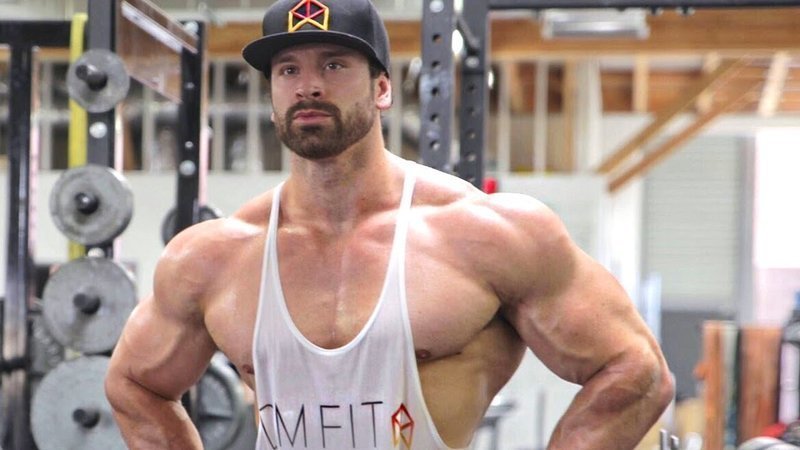
 Throughout this semester in ENTR 101, Dr. Sweet has talked about the different ways to integrate our faith into what we are passionate about. Whether it’s sports, music, art, etc., there are plenty of ways to combine the Christian faith with a business. Dr. Melody is an inspiring young entrepreneur who did just that. Originally, Dr. Melody was a doctor of physical therapy and then acquired skills in coaching and mentoring as a health and life coach. She was inspired to combine these skills with her passion for her faith to encourage physical, mental, and spiritual health.
Throughout this semester in ENTR 101, Dr. Sweet has talked about the different ways to integrate our faith into what we are passionate about. Whether it’s sports, music, art, etc., there are plenty of ways to combine the Christian faith with a business. Dr. Melody is an inspiring young entrepreneur who did just that. Originally, Dr. Melody was a doctor of physical therapy and then acquired skills in coaching and mentoring as a health and life coach. She was inspired to combine these skills with her passion for her faith to encourage physical, mental, and spiritual health. 
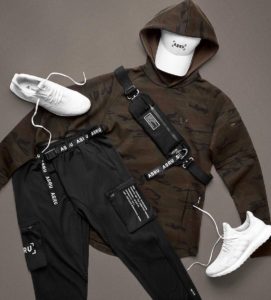
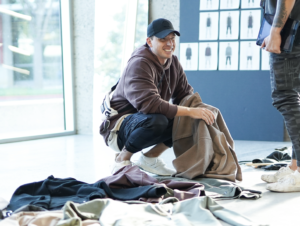
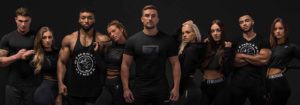
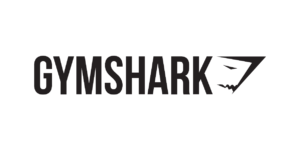






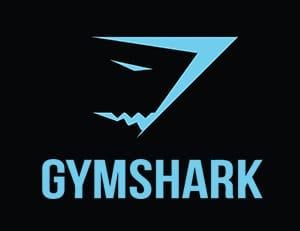 large and so quickly because of a few strategies. First, Gymshark does not over saturate with their clothes. They have limited releases with their clothing and most of their releases sell out very quickly. Besides their core clothing with just simple branding (which is always stocked), Gymshark creates cool designs and graphics for their clothes. Once these items sell out, they do not come back. This exclusivity creates high demand for consumers. Next, Gymshark only sells on their website and not through an intermediary which helps to keep costs down. This direct relationship with the customers makes the buying experience more personal as well. Finally, Francis was able to grow Gymshark because of their massive social media following. Their Instagram account boasts 4.7 million followers currently and showcases their sponsored athletes, customers, and general lifting how to’s. Because of all of this, Gymshark shows no sign of slowing down and growing even larger. All of this due to a college student who started a company at the age of 19 in his dorm room.
large and so quickly because of a few strategies. First, Gymshark does not over saturate with their clothes. They have limited releases with their clothing and most of their releases sell out very quickly. Besides their core clothing with just simple branding (which is always stocked), Gymshark creates cool designs and graphics for their clothes. Once these items sell out, they do not come back. This exclusivity creates high demand for consumers. Next, Gymshark only sells on their website and not through an intermediary which helps to keep costs down. This direct relationship with the customers makes the buying experience more personal as well. Finally, Francis was able to grow Gymshark because of their massive social media following. Their Instagram account boasts 4.7 million followers currently and showcases their sponsored athletes, customers, and general lifting how to’s. Because of all of this, Gymshark shows no sign of slowing down and growing even larger. All of this due to a college student who started a company at the age of 19 in his dorm room.